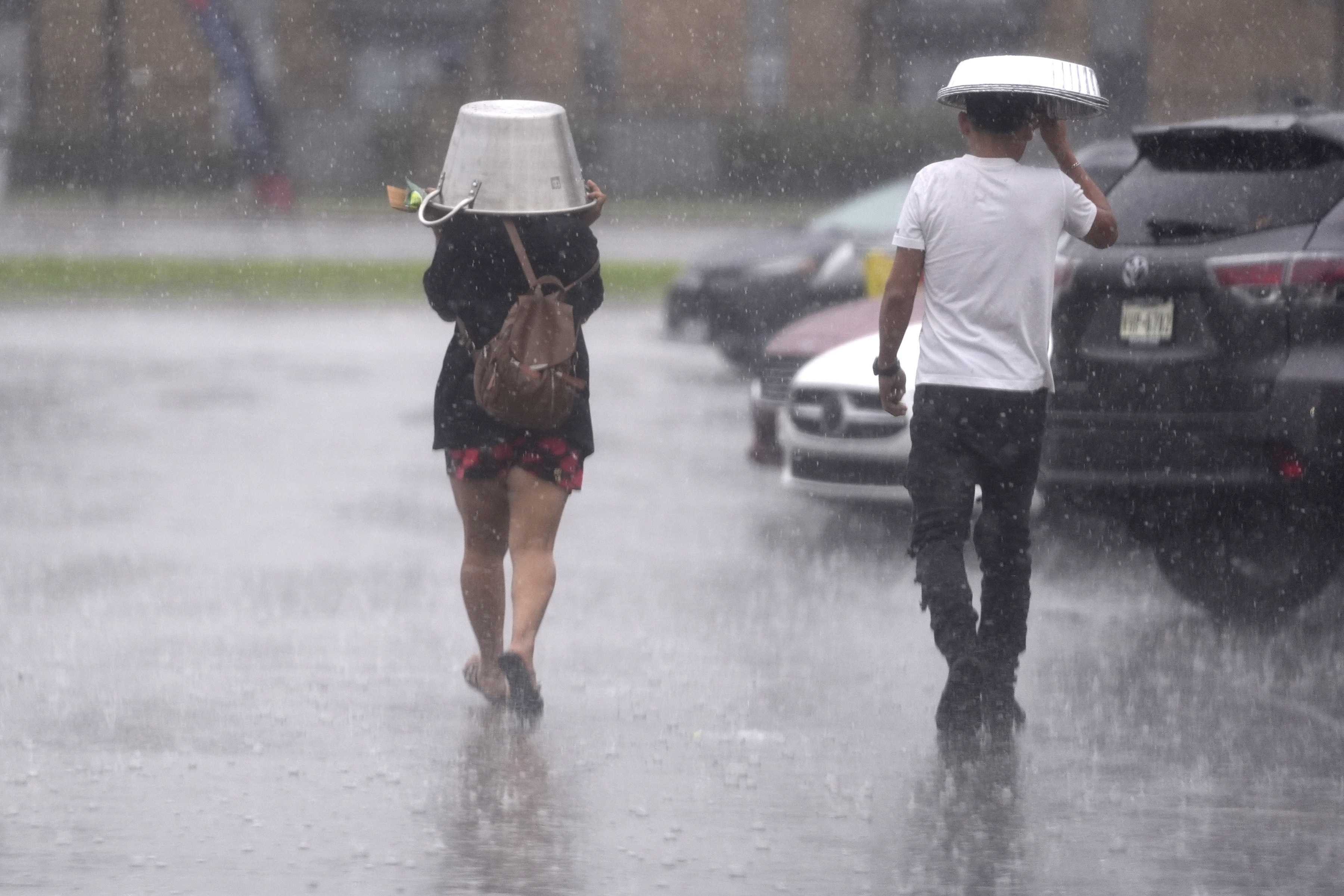Two wild mountain lions on Washington's Olympic Peninsula have succumbed to bird flu, marking a troubling development in the spread of the disease across species.
The Washington Department of Fish and Wildlife (WDFW) and Panthera, a global wild cat conservation organization, confirmed the deaths on December 19.
One of the cats, a young male tracked with a collar, was found lifeless after his tracking signal showed no movement for hours.
The second, an uncollared male spotted by a resident near Blyn in Clallam County, was so weak and emaciated that it couldn't jump a three-strand wire fence—an uncharacteristic struggle for a species known for its powerful agility.

"I watched it twice go up to the electric cow fence and get shocked and barely respond," an individual who witnessed the trapped animal said in a statement. "It also walked up and rested several times within 30-40 feet from me and did not react to my voice."
The mountain lions, also often referred to as cougars or pumas, are the first documented cases of bird flu in mountain lions in Washington, though similar incidents have been reported in other states.
The virus, known as Type A H5N1, has been circulating in the region since 2022 and has increasingly affected wildlife, including mammals.
'Canary in the Coal Mine'
Experts say the deaths of these apex predators could signal broader ecological consequences.
Mark Elbroch, director of Panthera's puma program, called mountain lions "a kind of canary in the coal mine." As top carnivores, they reflect the health of the ecosystems they inhabit by accumulating pathogens from lower down the food chain, offering a glimpse into unseen patterns of disease spread.
"If bird flu is severely impacting cougars, it might mean the disease has a much broader reach in the environment than we realize," Elbroch told Newsweek.
How Virus Reached Cougars
The virus is suspected to have reached the cougars through their diet, likely infected birds or other prey like raccoons.
There's no evidence the disease is spreading directly between cougars, but the deaths of two unrelated animals in the same area within a short time raises concerns about how widespread the virus may already be.
"These two cats weren't related at all," WDFW veterinarian Katherine Haman told Newsweek. "What it definitely speaks to is that this virus is widespread on our landscape. We don't know how many are out on the landscape and becoming exposed and dying. Presumably a lot more than the two we've found."

Avian influenza has been spreading in wildlife in Washington for years. The virus devastated a tern colony near Port Townsend in 2024, killed harbor seals in 2023 and recently caused the first documented human cases in the state.
While the U.S. Centers for Disease Control and Prevention (CDC) still considers the risk to humans as low, the virus has been detected in mammals across the country, including dairy cows and seals, prompting California to declare a state of emergency earlier this month.
What's Next?
Wildlife officials are trying to determine whether bird flu poses a high mortality risk for mountain lions or if the two deaths are outliers.
Antibody testing could reveal whether cougars can survive exposure to the virus, offering hope that some may develop immunity.
"Once disease is in a population, it's incredibly difficult to manage," Haman said. "If none of them have antibodies, that would make me really concerned that if they are exposed, they don't survive."
Conservation groups are focusing on enhanced surveillance for now, although vaccination could be an option in the future.
Do you have a tip on a science story that Newsweek should be covering? Do you have a question about bird flu? Let us know via science@newsweek.com.




















 English (US) ·
English (US) ·